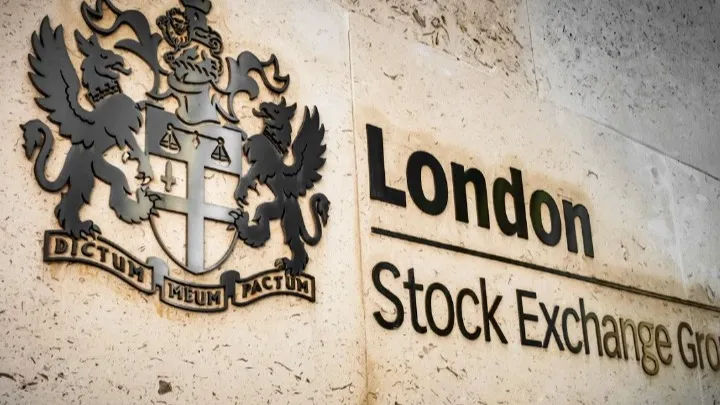
The FTSE 100, the UK’s benchmark index, witnessed a reversal in fortunes on Monday, initially rising by 0.2 per cent before succumbing to a 0.1 per cent. The setback was attributed to a notable sell-off in luxury and bank stocks, exerting downward pressure on the index. The FTSE 250, representing midcap shares, remained flat during the same period.
Luxury stocks took a hit, with the personal goods index falling by 2.1 per cent. Burberry, in particular, extended losses by 2.9 per cent, echoing concerns raised by the luxury retailer about a deepening slowdown in demand for luxury goods in the market.
While non-life insurers emerged as top performers, gaining 1.1 per cent, the banking sector faced challenges, with a 1.7 per cent decline, marking a five-day losing streak. HSBC fell a 2.3 per cent drop after Exane downgraded the stock, citing margin headwinds.
Investor focus turned to forthcoming data, including British consumer price inflation and retail sales figures for December, scheduled for later in the week. These releases are anticipated to provide insights into potential interest rate cuts. The Bank of England’s relatively hawkish stance, in contrast to the Federal Reserve and the European Central Bank, maintained a higher-for-longer policy rhetoric.
Internationally, attention shifted across the Atlantic, where investors awaited business activity data for January and December retail sales from the US Additionally, PageGroup saw a 2.5 per cent dip after revising its annual profit forecast amidst a challenging job market, while Crest Nicholson, a FTSE 250 constituent, faced a 4.5 per cent decline after trimming its annual profit forecast.
Despite these challenges, there were signs of optimism in the UK housing market, with the average asking prices for homes making the strongest start to the year since 2020. This industry survey suggested a potential easing of the sector’s slowdown as demand showed signs of picking up in January.
(With Reuters inputs)





